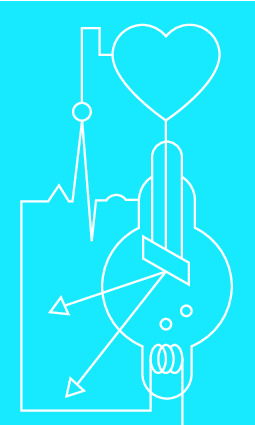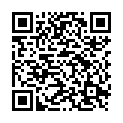|
|
|
| Module code: BMT203 |
|
|
2V+1P (3 hours per week) |
|
3 |
| Semester: 2 |
| Mandatory course: yes |
Language of instruction:
German |
Assessment:
Test (laboratory, ungraded), written exam
[updated 18.06.2023]
|
BMT203 (P211-0229, P213-0007, P213-0008) Biomedical Engineering, Bachelor, ASPO 01.10.2011
, semester 2, mandatory course
|
45 class hours (= 33.75 clock hours) over a 15-week period.
The total student study time is 90 hours (equivalent to 3 ECTS credits).
There are therefore 56.25 hours available for class preparation and follow-up work and exam preparation.
|
Recommended prerequisites (modules):
None.
|
Recommended as prerequisite for:
BMT301
[updated 07.04.2013]
|
Module coordinator:
Prof. Dr. Rainer Eisenmann |
Lecturer:
Prof. Dr. Rainer Eisenmann
[updated 23.01.2010]
|
Learning outcomes:
After successfully completing this module, students will: have acquired elementary knowledge of the most important biochemical processes. They will be able to understand the relationships between life processes and chemical reactions.
[updated 18.06.2023]
|
Module content:
1. Introduction
1.1 What is life?
1.2 Functions and structures
2. Reactions in aqueous solutions
3. The cell
4. Substance groups:
4.1 Fats and lipids
4.2 Carbohydrates
4.3 Amino acids, peptides, proteins
4.4 Nucleic acids
4.5 Minerals, vitamins, hormones
5. Enzymes and enzymatic reactions
6. Metabolism
6.1 Energy
6.2 Anabolism, catabolism, xenometabolism
7. Molecular Genetics
8. Toxicology
In the practical course we will discuss typical biomolecules and their reactions.
[updated 18.06.2023]
|
Recommended or required reading:
Hubert Rehm & Friederike Hammar: Biochemie light. Frankfurt a.M.: Harri Deutsch 2005.
Bernd Löwe: Biochemie. Bamberg: C.C. Buchner 1989.
Nelson, David L. Cox, Michael M. Lehninger, Albert L.: Lehninger Biochemie. Heidelberg: Springer 2005
Berg, Jeremy M. Tymoczko, John L. Stryer, Lubert Biochemie. Heidelberg:Spektrum 2003
Follmann, Hartmut: Biochemie - Grundlagen und Experimente. Stuttgart: Teubner 2001
[updated 18.06.2023]
|


